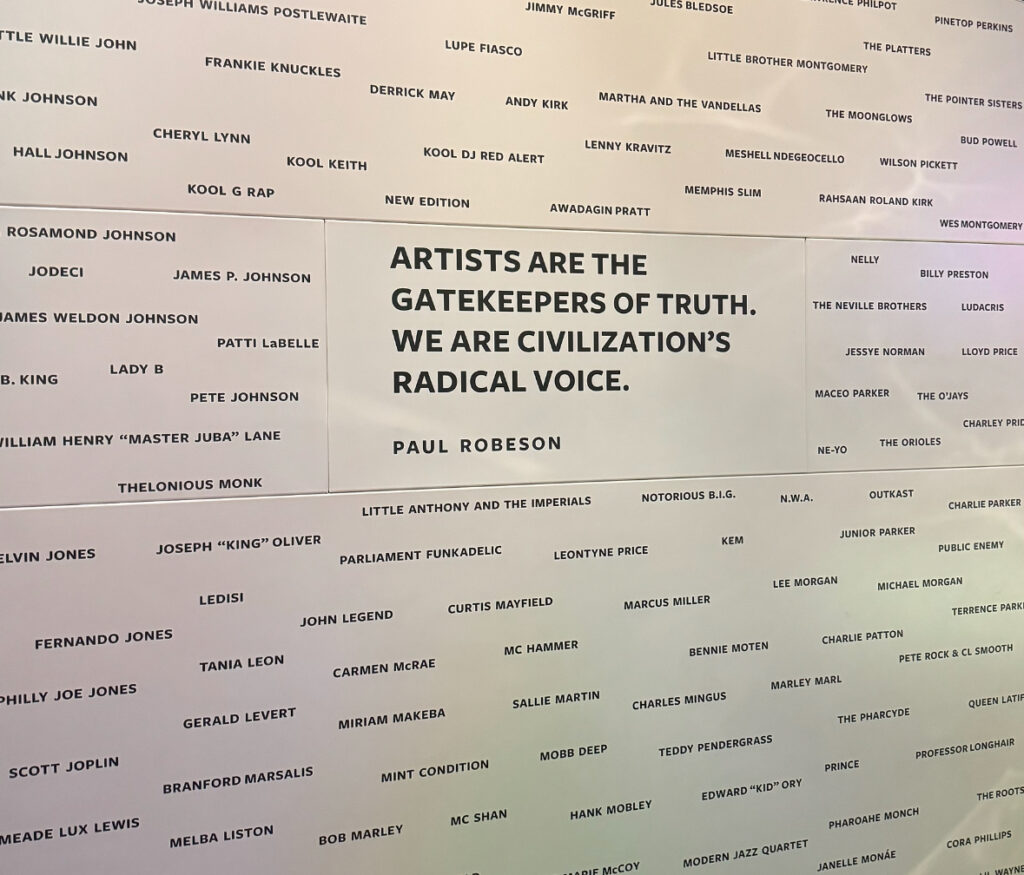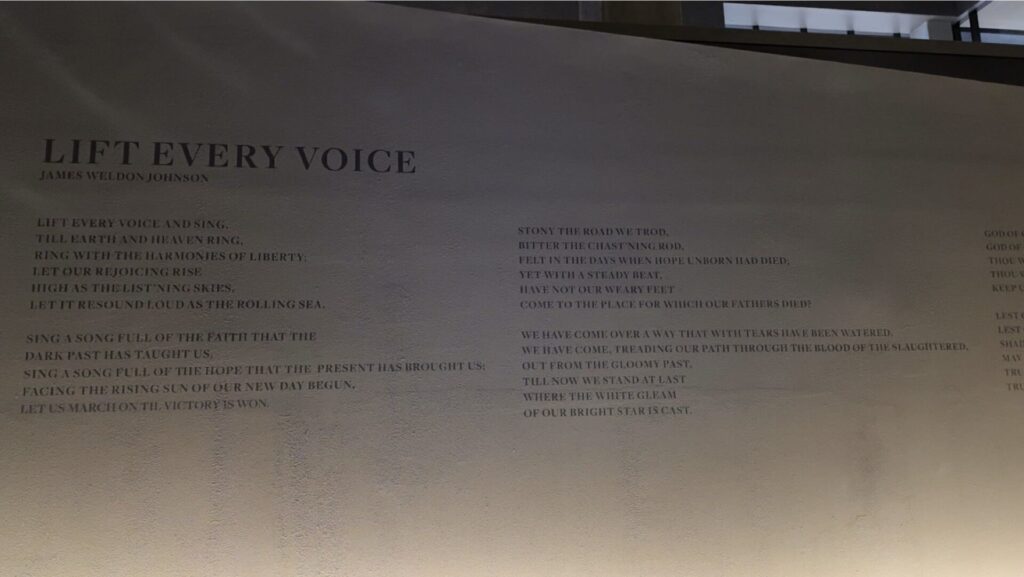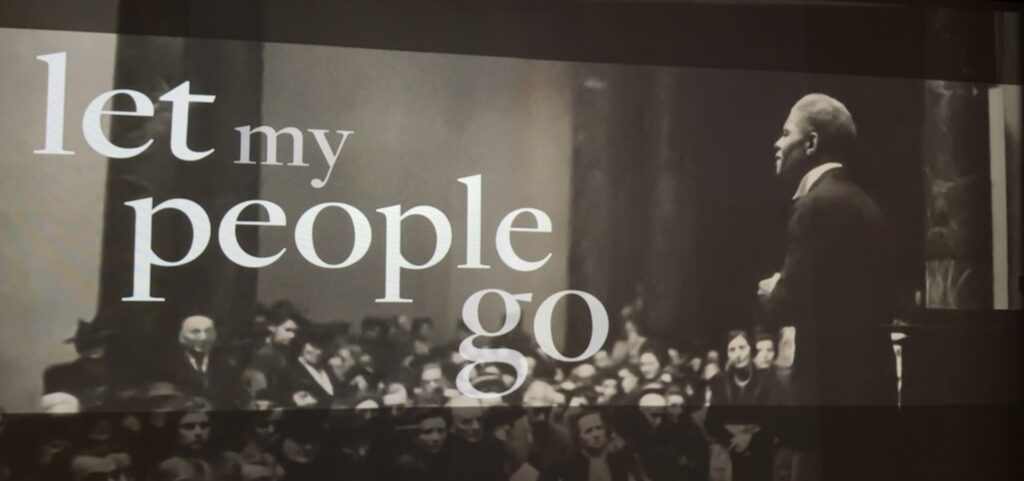When discussing Caste: The Origins of Our Discontents, something became clear: people from different backgrounds can be connected, even if that connection is pain or the caste system in which they fall into. People are placed into their caste systems based on religion, ethnicity, nationality, etc. It is something that is predetermined without your consent or knowledge. However, the way in which people handle their oppression and pain varies. Music is a way in which people deal with their pain, and it is a way people fight back against their oppressors.

For centuries, African American people have been put into the lowest caste due to the way they look, but the way they have handled that has been different. Black Americans have been beaten down, villainized, and ridiculed due to their caste and the different music styles that they produced in order to cope with their oppression. However, music can be a way for people to express themselves. It can be a form of entertainment or communication. People may use music in different ways, but it is still something that brings them together. The differences in which people use music to express themselves vary, but one of the most influential ways to use it is to protest. Something as simple as music can be a disruption in caste. This disruption was once a way to fight back against the pain and torture that enslaved Africans went through.

Edet (1976) found that protest music originated in negro spirituals or religious songs. In the 18th and 19th centuries, before the Civil War, enslaved peoples would sing in relation to the conditions of their environment and what they were going through. They did not have any rights at that time, so this was the only way that they could protest and/or cope without being lynched or tortured. These religious hymns and spirituals were not the only style of music during that time. Folk and Blues were also a way in which enslaved people during the time could talk about their conditions; however, this was more personal. These songs were created in order to talk about their lives and families. This type of music was a way to protest because it brought back the personality that was stripped from them.
Songs such as Strange Fruit, A Change is Gonna Come, and Lift Every Voice and Sing – to name a few – were all songs that acted as a call to action or a voice for hope. Billy Holiday’s Strange Fruit was a song that brought attention to the lynching that occurred. According to Henwood (2017), one of the main reasons as to why the first protest songs were created was to bring people together for a main purpose. Fields (2022) found that the song disrupted how people in the highest caste – white Americans – viewed their power and the way in which African Americans were being treated. Holiday’s song received a tremendous amount of pushback; however, there was now awareness of what was going on in the South. That central mission was to fight back against oppression and to call awareness to the hateful and unnecessary lynching of African American people. Lift Every Voice and Sing is a song that gave a voice to those that could not speak for themselves or were too afraid to. These songs were not intended to become historical pieces of work, they were intended to help bring hope and disrupt the normalcy of racism, torture, and injustice.

These songs translated into present day anthems for protests. The civil rights movement and the Black Lives Matter movement used some of the songs that helped enslaved Africans. For example, Rich (2023) described Go Down Moses as a song that was at the forefront of the civil rights era. This song originally spoke of the biblical figure, Moses; however, due to the adaptation by Louis Armstrong, the song gained popularity due to its message of freedom. In the year of 2020, musicians from all different genres made music about police brutality and freedom, similar to the themes of earlier music. Due to the injustices and trauma that black Americans face today, there is still a need for this music and people will continue to make it until there is justice for those who are oppressed.

Many of the songs that we have popularized today and still use in today’s society are used as a way to protest modern day injustices and caste. Music is a way of disrupting the caste systems that were assigned to the oppressed without consent. It can be the hope that one needs if they have given up or no longer see their worth.
References
Edet, E. M. (1976). One hundred years of black protest music. The Black Scholar, 7(10), 38–48. http://www.jstor.org/stable/41065961
Fields, L. (2022, November 4). The story behind Billie Holiday’s “strange fruit.” PBS. https://www.pbs.org/wnet/americanmasters/the-story-behind-billie-holidays-strange-fruit/17738/
National Museum of African American History and Culture, Washington, D.C.
Rich, L. (2023, October 12). The meaning behind the song: Go down moses by Louis Armstrong. Old Time Music. https://oldtimemusic.com/the-meaning-behind-the-song-go-down-moses-by-louis-armstrong-2/